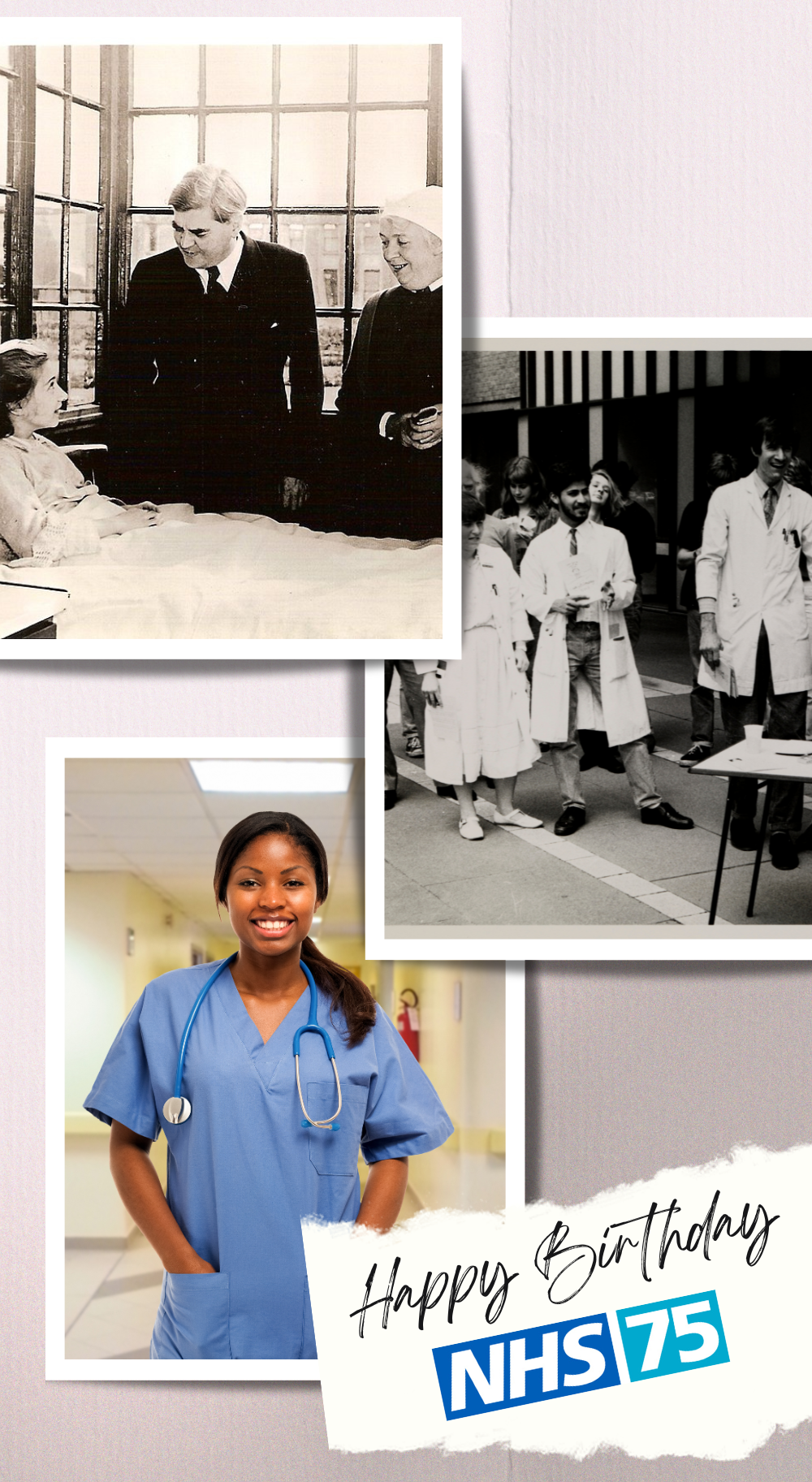On July 5th, 1948, the UK government began an audacious experiment in public health – the National Health Service.Today, as we celebrate the 75th anniversary of the NHS, it’s worth reflecting on its profound impact on health outcomes and the inextricable role it plays within the British psyche. The ethos of the NHS – healthcare that’s universal, comprehensive, and free at the point of care – is not merely a service, but a testament to the core British values of equity and solidarity.
First and foremost, the NHS has significantly improved health outcomes in the UK. In its infancy, it combatted infectious diseases like tuberculosis and diphtheria, drastically reducing their prevalence. As the years progressed, it evolved to address emerging health challenges, extending life expectancy and improving quality of life for countless citizens.Groundbreaking innovations and treatments, from heart transplants to pioneering cancer therapies, have become accessible to all, irrespective of wealth or status. In turn, this has helped to level the health inequality playing field.Moreover, the NHS’ responsiveness during times of crisis has further embedded its significance in the national consciousness. Its agility and resilience during pandemics, particularly the COVID-19 outbreak, underscored its value to the nation. Despite immense strain, the NHS swiftly expanded intensive care capacity, orchestrated a world-leading vaccination programme, and maintained essential services.
These monumental efforts fostered a renewed appreciation for the NHS, reinforcing its status as a pillar of British society.The NHS also holds a unique place in the British psyche, a sentiment echoed in the weekly claps for carers during the pandemic and the phrase, “Thank You NHS.” Unlike many other public institutions, it is deeply personal, entwined with moments of joy and grief in the lives of every citizen. Its holistic approach to healthcare, considering mental, physical, and social wellbeing, resonates deeply with the public. For many of us, the NHS is a source of national pride and identity.When juxtaposed with insurance-based healthcare systems, the value proposition of the NHS becomes even clearer. While these systems often provide high-quality care, they inherently stratify healthcare access and outcomes along socio-economic lines.
The US, for instance, spends more on healthcare per capita than any other nation, yet millions remain uninsured or underinsured. In contrast, the NHS, funded by general taxation, ensures that healthcare access is not a privilege, but a right.This is not to say that the NHS is without its challenges. Funding, resource constraints, and workforce shortages continue to exert pressure. Yet, despite these hurdles, the NHS consistently outperforms many of its peers on key indicators, such as equitable care and patient satisfaction, as noted by the Commonwealth Fund.

As we celebrate the NHS’s 75th birthday, we don’t merely celebrate a healthcare provider; we celebrate a national ethos – a conviction that health should not be commodified, and that each citizen has the right to care, irrespective of their means. In an increasingly uncertain world, the NHS remains a beacon of equity, resilience, and solidarity. So, here’s to the NHS: at 75, it stands not only as a testament to past achievements but also as a vision of what healthcare, at its best, can truly be.

Blog by Marc Schmid
Marc Schmid is an experienced senior manager in both the NHS and local government. He has been responsible for the implementation of digital first programmes across local government and the NHS as well as a range of other exciting digital programmes including remote consultations in primary care and social care, implementation of digital programmes for PCNs, digitisation of Lloyd George records and the rollout of a national programme of video group clinics. Marc’s role is to develop Redmoor Health into a key strategic partner for the NHS and other public sector organisations.
Make an enquiry


